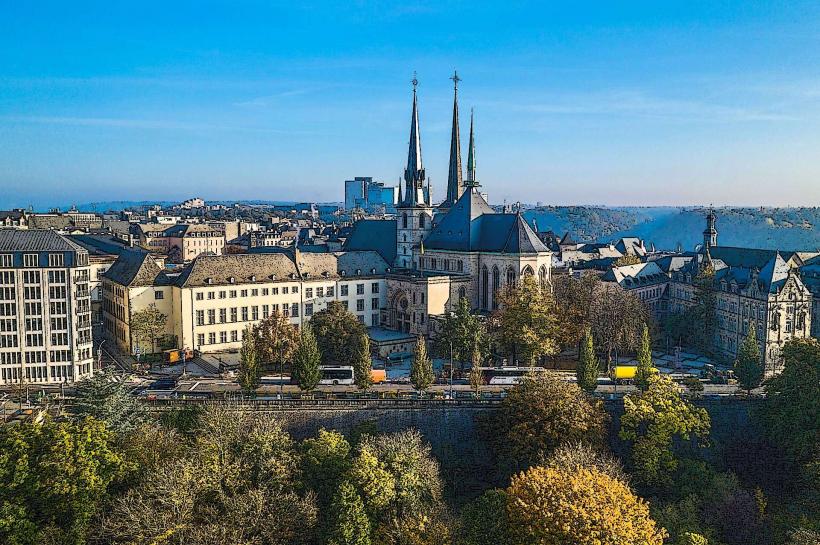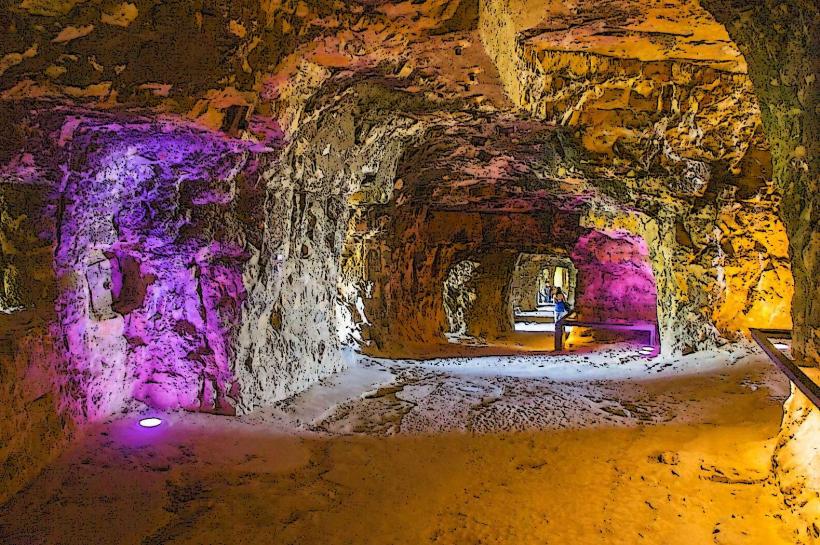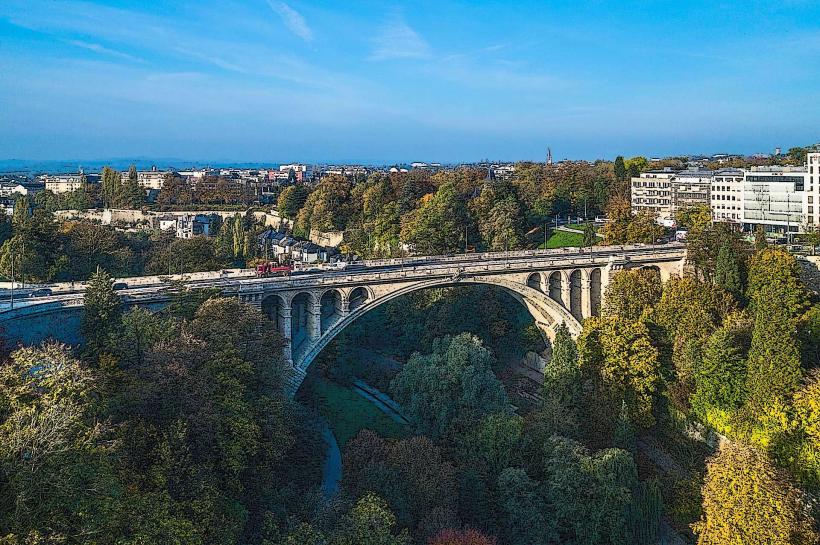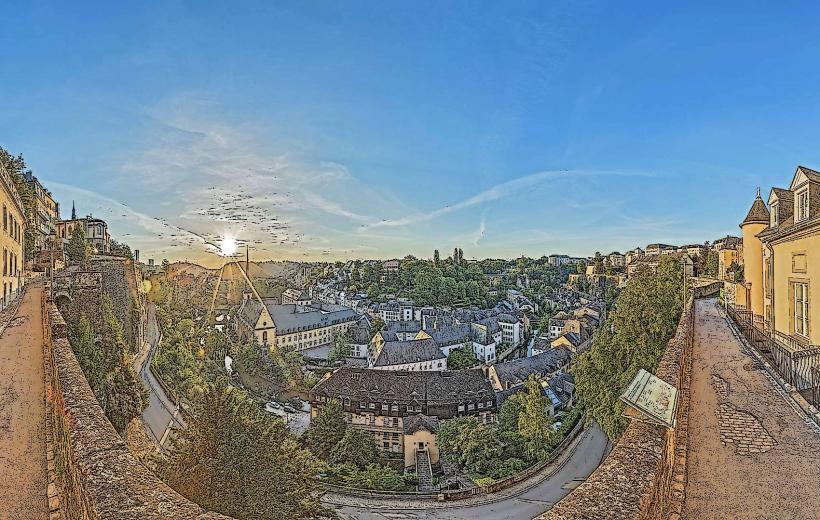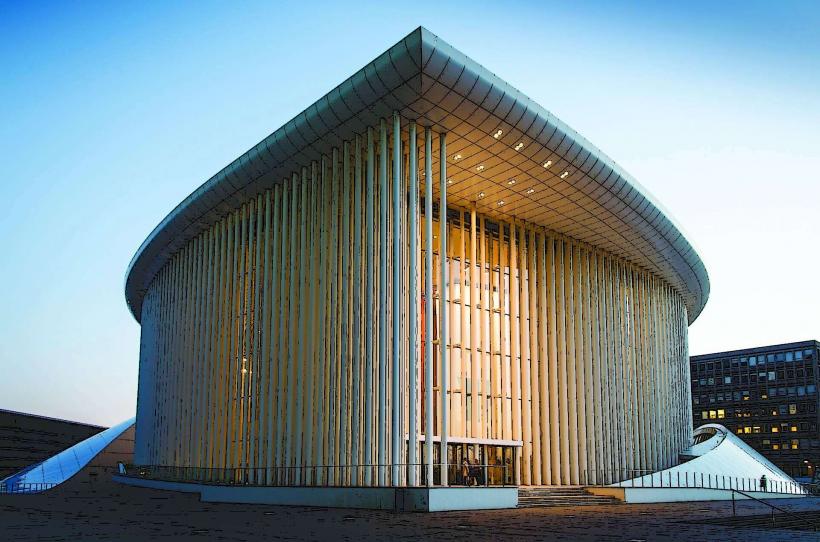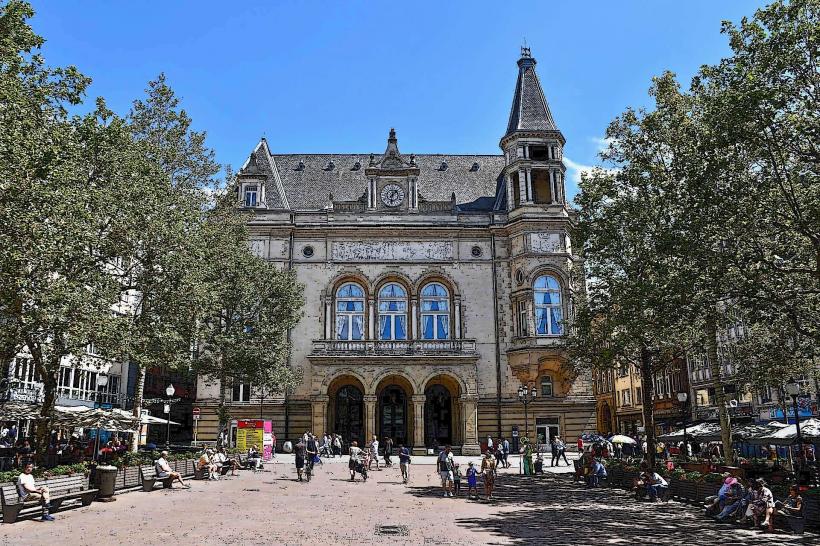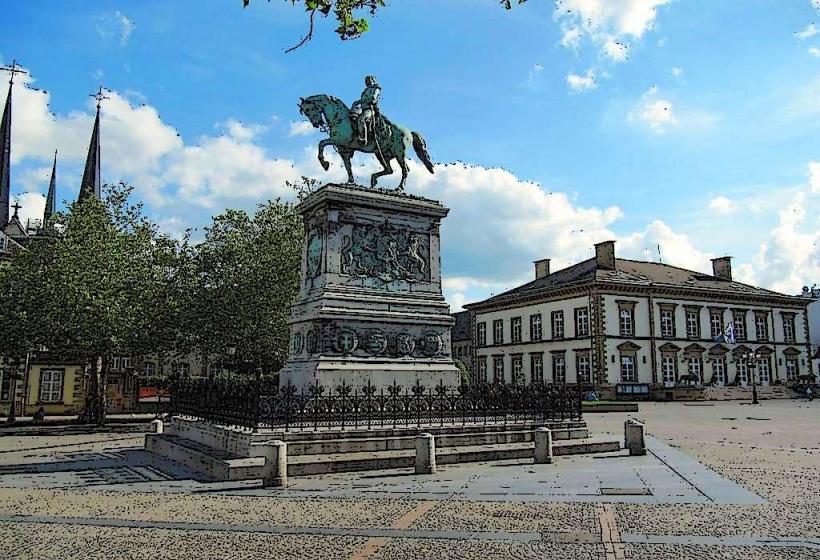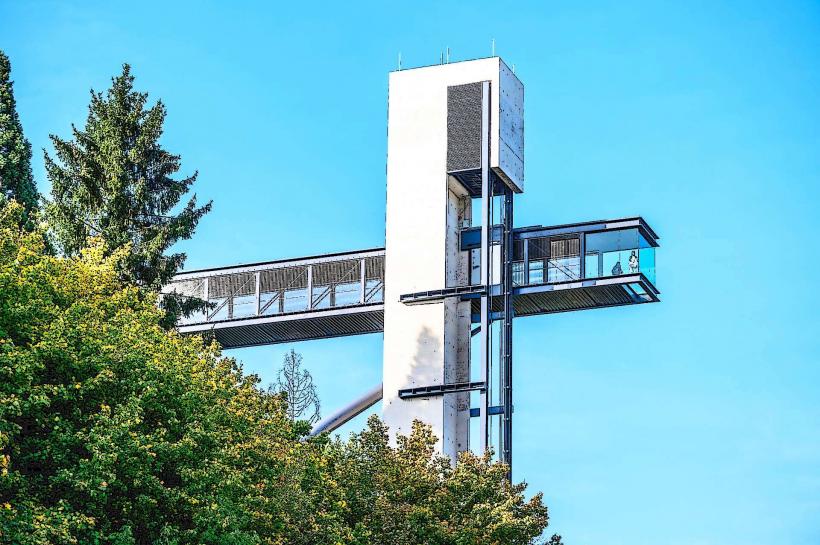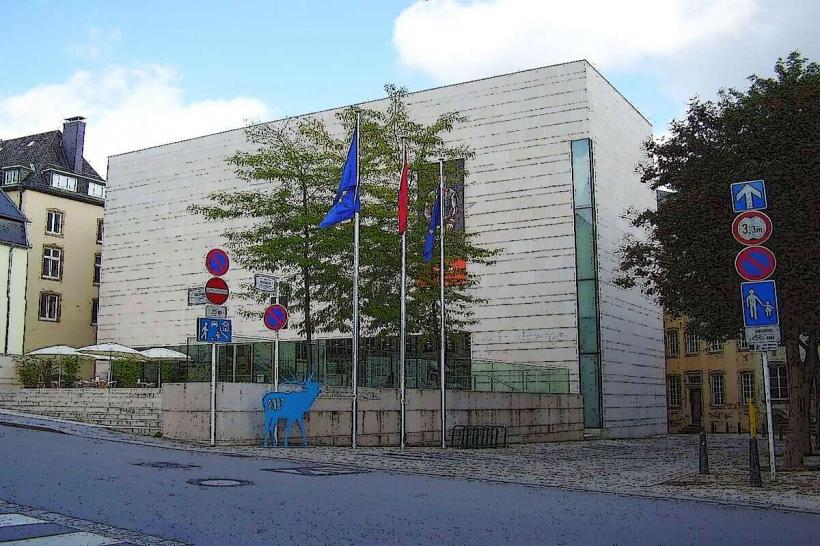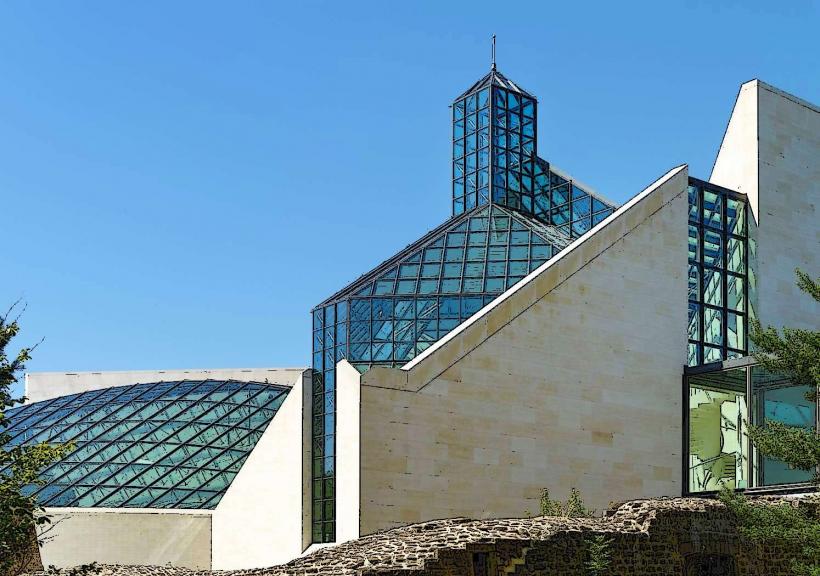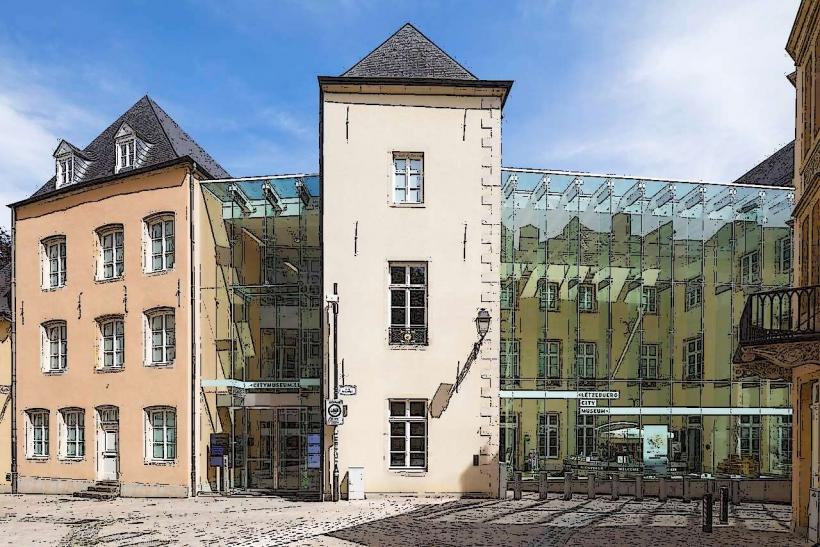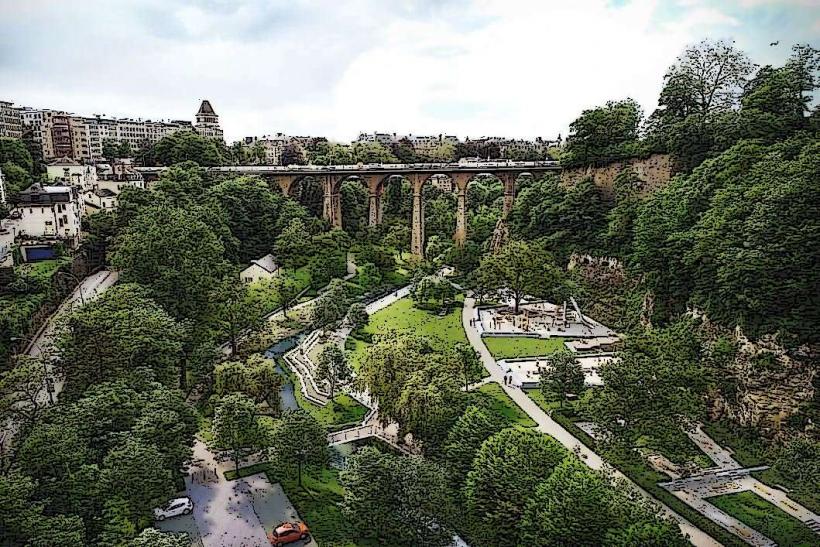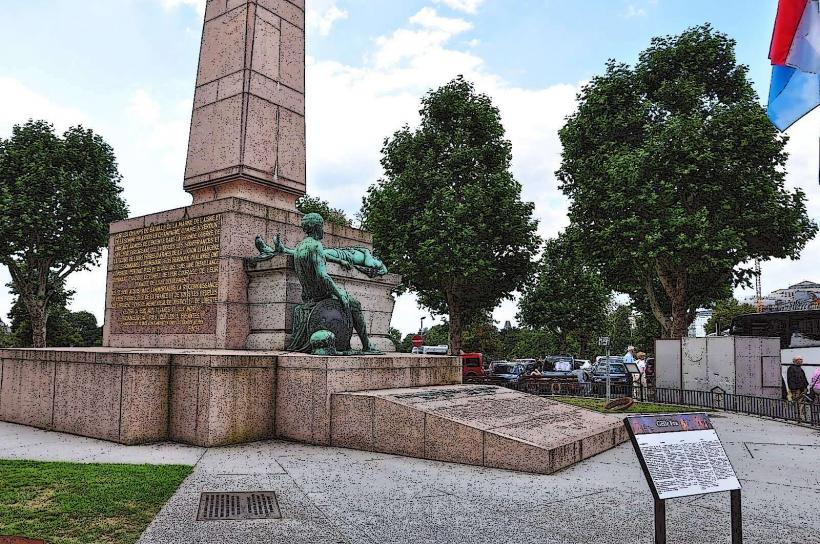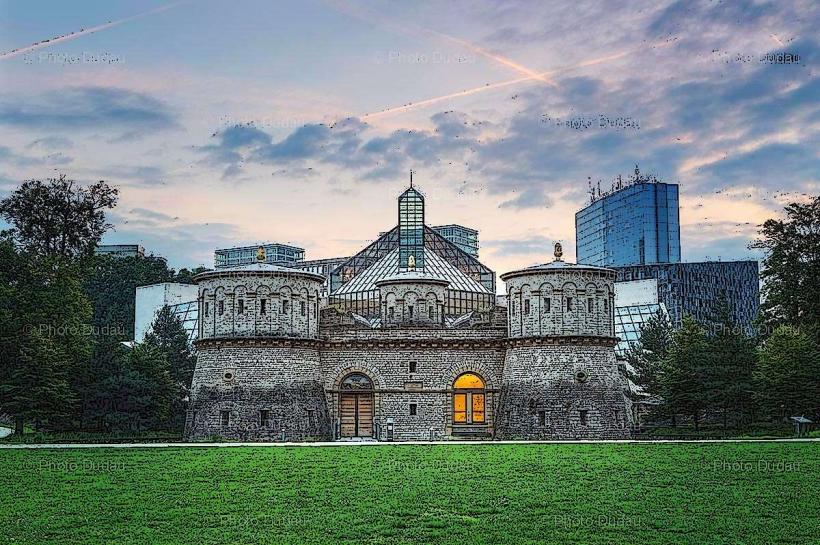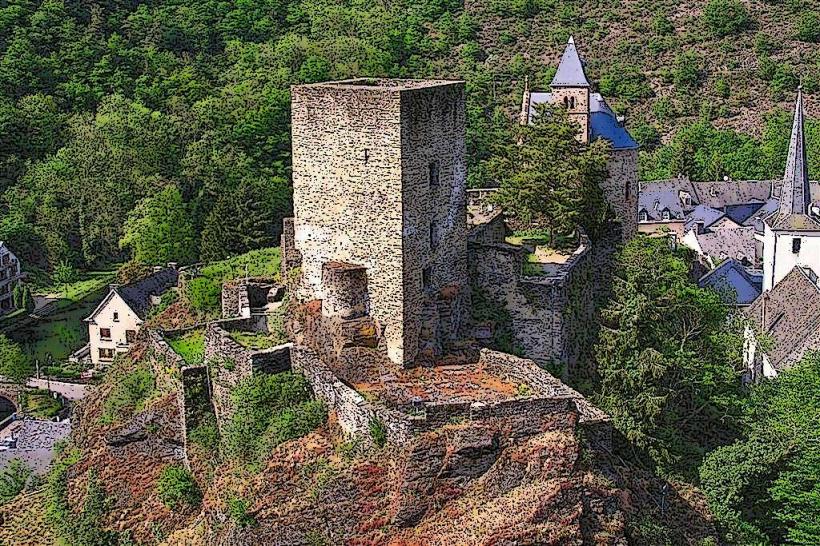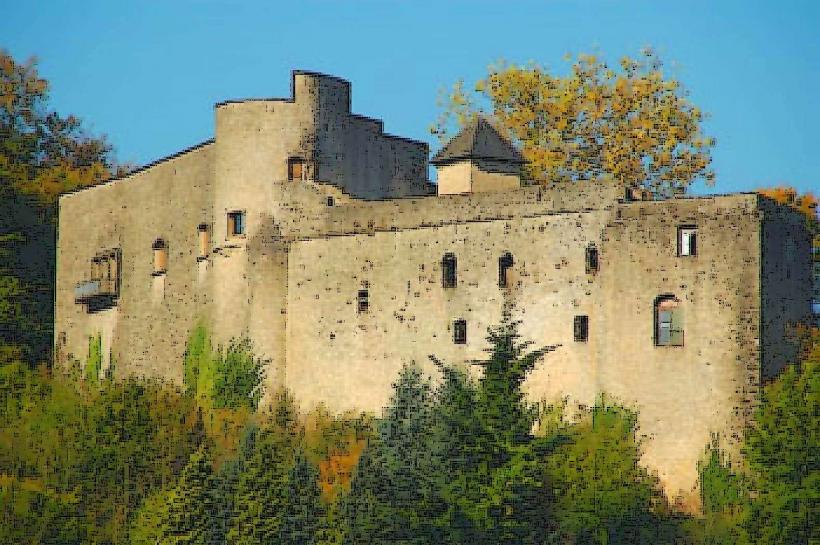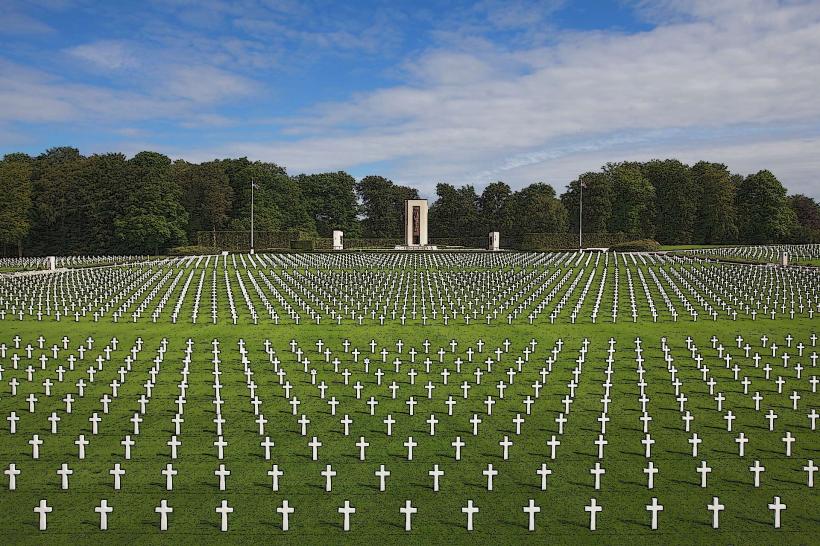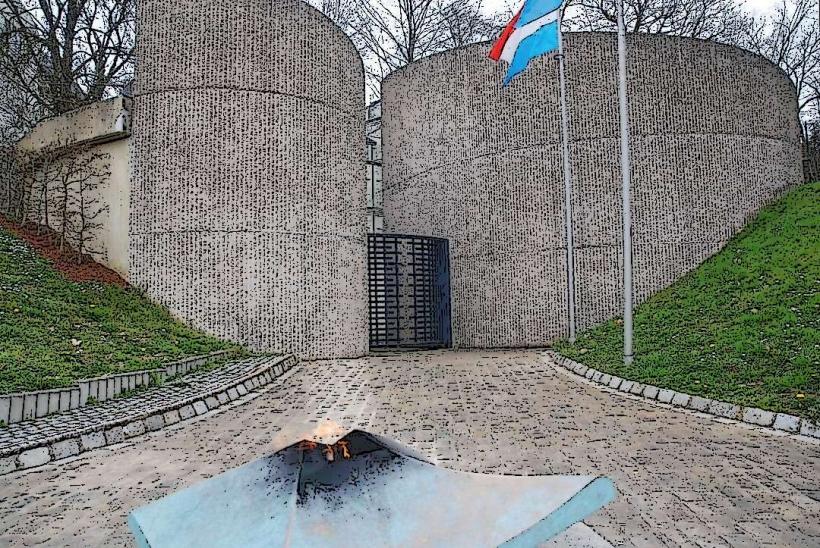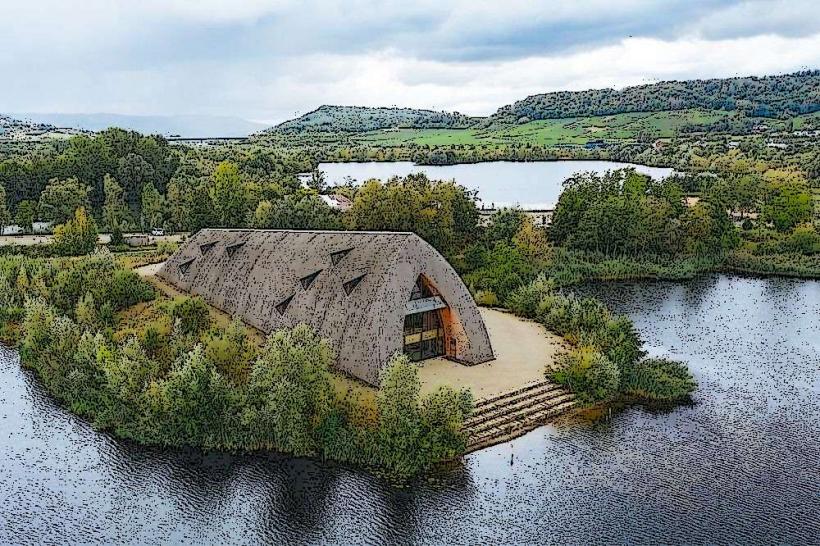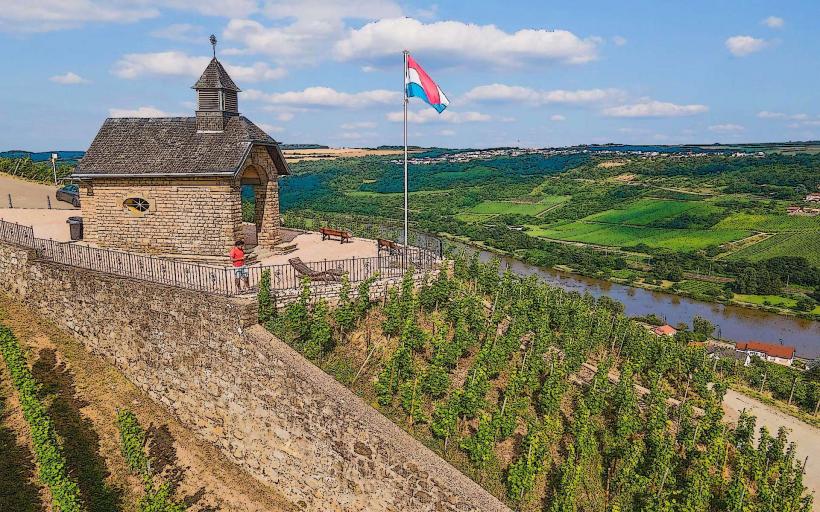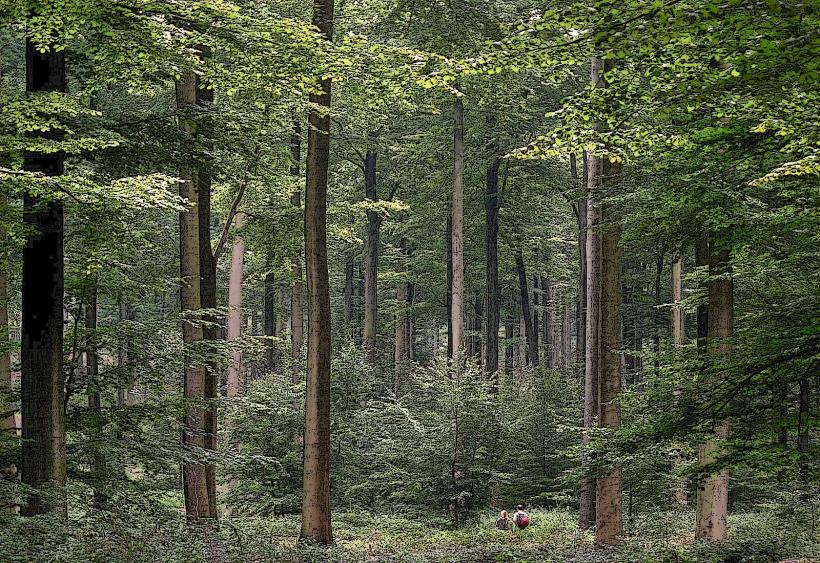Information
Landmark: Fort ThüngenCity: Luxembourg City
Country: Luxembourg
Continent: Europe
Fort Thüngen: A Detailed Overview
Fort Thüngen is a historic military fortification located in Luxembourg City, specifically in the Kirchberg district. Part of the city's fortress system, it is one of the best-preserved forts from Luxembourg’s extensive network of fortifications, which were historically crucial for its defense. Today, Fort Thüngen is a cultural landmark and part of the MUDAM Luxembourg (Museum of Modern Art) complex. It is an example of the city’s military history intertwined with its contemporary cultural evolution.
History and Development
- Construction: Fort Thüngen was constructed in 1732 as part of a series of fortifications aimed at enhancing the defense of Luxembourg City. It was built during the period when Luxembourg was under Austrian rule (as part of the Austrian Netherlands). The fort was named after Baron de Thüngen, a prominent figure in the Austrian military at the time.
- Strategic Importance: The fort’s primary purpose was to protect the city against military threats, particularly from French forces. Luxembourg, due to its strategic location at the intersection of European powers, was frequently the subject of military sieges and conflicts. Fort Thüngen was one of several fortifications designed to strengthen the city’s defenses during this era.
- 19th Century Modifications: Over the years, the fort underwent several modifications and upgrades, particularly during the 19th century, when Luxembourg was part of the Kingdom of the Netherlands and later became a part of the Grand Duchy of Luxembourg. These changes reflected the evolving nature of warfare and the technological advancements in military engineering.
- Demilitarization: By the end of the 19th century, the fort had lost much of its military relevance due to advances in artillery and military strategy. The fort, along with other parts of the city’s fortifications, was eventually decommissioned as military infrastructure.
Architectural Features
- Fortress Design: Fort Thüngen was originally built in the Vauban style, a type of fortification developed by the French military engineer Vauban in the late 17th century. The fort was designed to be a star-shaped fort, a design that made it more resistant to artillery bombardment.
- Walls and Ramparts: The fort features thick defensive walls, deep moats, and carefully planned bastions that allowed defending forces to engage attackers from multiple angles. The fort’s structure included tunnels, barracks, and other military facilities designed to support soldiers during sieges.
- Restoration: The fort has undergone significant restoration work to preserve its original architecture. Today, visitors can explore various sections of the fort, including its circular ramparts, cannon emplacements, and the underground chambers that were once used for storing weapons and supplies.
Modern Use and Cultural Significance
- Integration with MUDAM: Fort Thüngen was integrated into the MUDAM Luxembourg complex when the museum was constructed. The fort is home to the Museum of Modern Art’s temporary exhibition space. This blend of contemporary art with historical military architecture creates a unique environment for both art exhibitions and cultural events.
- Museum and Exhibitions: Visitors to the fort can explore both the historical aspects of the fort’s design and the contemporary art exhibitions hosted within its walls. The museum hosts temporary exhibitions of modern and contemporary art, often using the fort’s unique spaces to showcase a wide range of artistic media, from painting and sculpture to video installations.
Visitor Experience
- Exploring the Fort: Visitors can walk around the fort and explore its well-preserved features, including the bastions (the projecting parts of the fort’s walls) and underground chambers. The integration of the fort into the museum allows for a self-guided tour, where visitors can freely explore both the military and artistic history of the site.
- Cultural Events: Fort Thüngen, along with MUDAM, hosts various cultural events, such as art workshops, lectures, and performances. The fort’s historic and contemporary spaces provide an inspiring backdrop for artistic expression and public engagement.
- Panoramic Views: The fort’s elevated position offers visitors stunning views of the surrounding Kirchberg district, as well as the city’s fortifications, which have been designated as a UNESCO World Heritage site. The fort’s position also gives a unique perspective on the integration of modern architecture in the city.
Practical Information for Visitors
- Opening Hours: The fort and its museum spaces are typically open during regular hours for MUDAM, which is Tuesday to Sunday. It may be closed on Mondays and certain public holidays.
- Admission: Admission to Fort Thüngen is usually included in the general ticket price for MUDAM, though some exhibitions may have a separate fee. Discounts may be available for students, seniors, and groups.
- Location: Fort Thüngen is located in the Kirchberg district of Luxembourg City, near other cultural landmarks such as the Philharmonie Luxembourg and the European Court of Justice.
- Getting There: The fort is easily accessible by public transportation (bus and tram) from central Luxembourg City. There is also parking available for visitors traveling by car.
In Summary
Fort Thüngen is an essential part of Luxembourg City’s military and cultural heritage. It stands as a reminder of the city’s past as a fortified stronghold while also serving as a key component of the city’s modern artistic scene. Visitors to the fort can explore the historical architecture, learn about Luxembourg’s military past, and enjoy contemporary art exhibitions in this unique and atmospheric setting. Combining history, architecture, and art, Fort Thüngen offers a multifaceted experience that highlights the city’s evolution from a military fortress to a cultural hub.


